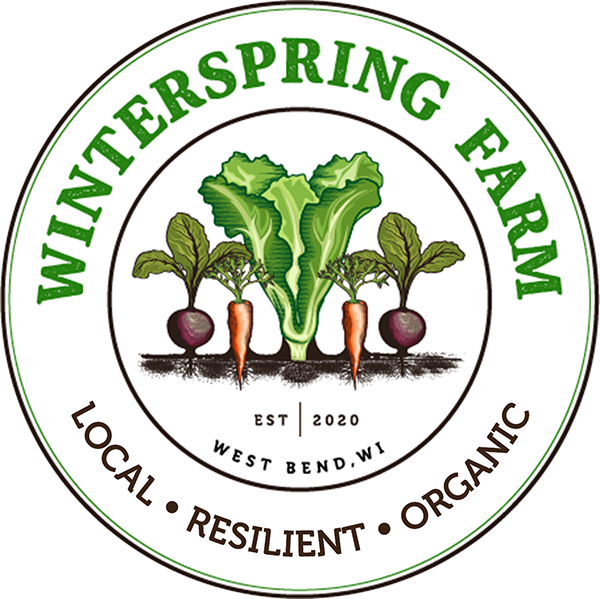Kohlrabi
Culinary Use, Storage, & Benefits
Vegetable Profile: Kohlrabi (Brassica oleracea gongylodes)
Description
Don't let the strange appearance of kohlrabi turn you off! This vegetable is a favorite on this farm, and has been for generations of Eastern Europeans until the advent of the potato. It forms a bulb (or corm) at the base of the stem, and has a sweet, mild flavor when skinned and chopped. It's from the brassica, or cabbage, family. It's much easier to grow than other brassicas like broccoli and cauliflower because it tolerates the humidity and precipitation of our climate. It also has edible dark leafy greens. We grow both green and purple varieties.
Nutrition
Because kohlrabi can be cooked like starchy tubers and root vegetables without the high carb content, it can be used as a substitute for high-carb foods. It helps to stabilize blood sugar. It also contains potassium and vitamin C.
Storage
Kohlrabi is considered a storage crop, so the bulb can keep in the fridge for up to a few weeks. If you're keeping it that long, it's best to keep the leaves attached at the base, otherwise moisture will escape and the corm will lose its crunch. Leaves can be stored like kale: place in a waterproof container in the fridge and use within 4-5 days.
Use
First, remove the leaf stalks. Then, using a vegetable peeler or sharp knife, carefully peel the fibrous skin around the corm. The skin is more fibrous at the base than at the top – if young, the top skin may be plenty good to eat (and contains much nutrition).
Next, chop the peeled corm to the desired size and use as you would a potato. The corm also lends itself well to pickling and fermenting! Try grating it on a cheese grater for kraut, or adding it to breakfast hash browns.
Leaves: use as you would kale.
Sources:
The New Whole Foods Encyclopedia by Rebecca Wood
Asparagus to Zucchini by Fairshare Coalition
Produce: A fruit and vegetable lover's guide by Bruce Beck
Our own experience!





